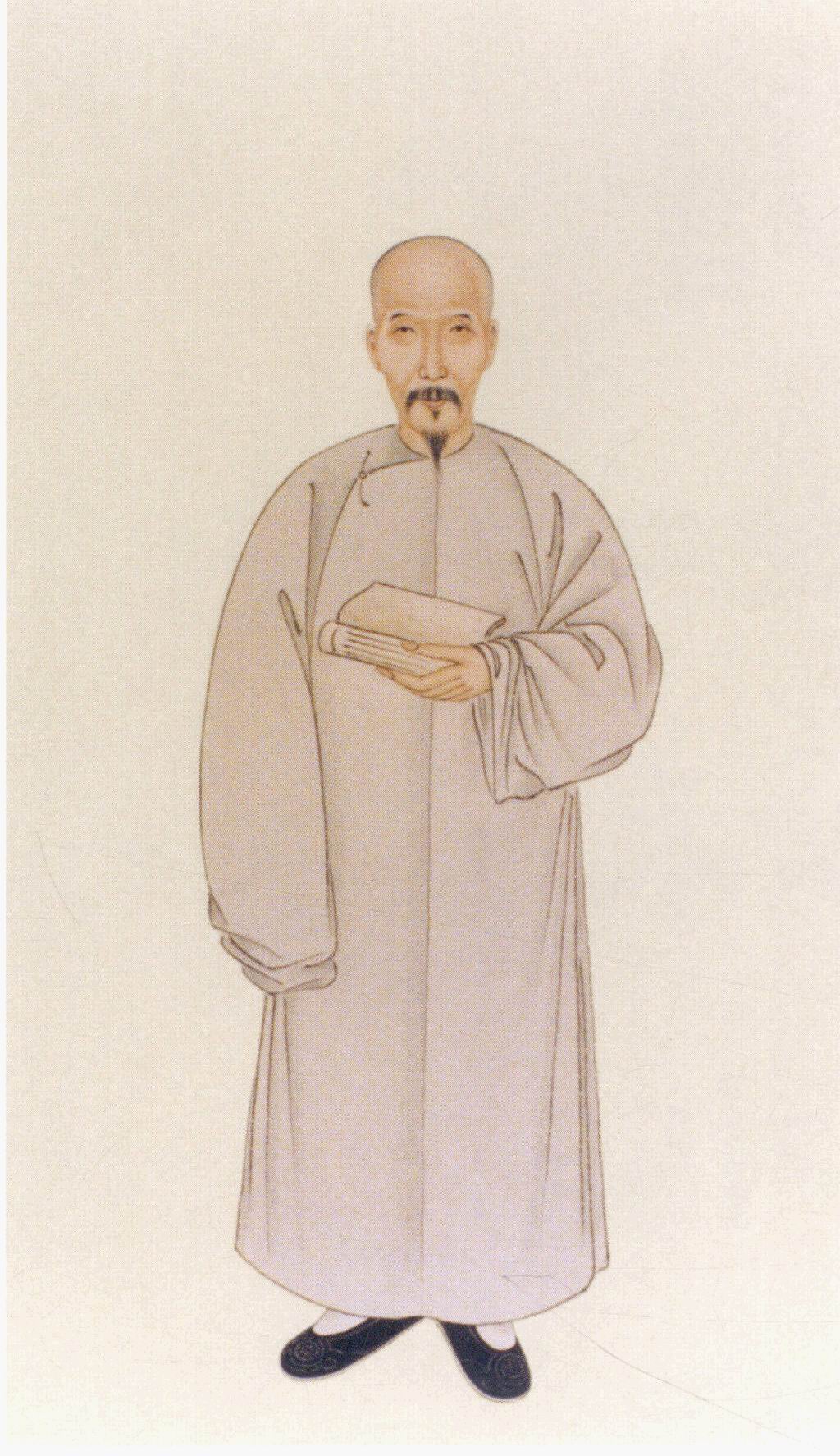Zhang Xuecheng on:
[Wikipedia]
[Google]
[Amazon]
 Zhang Xuecheng (; 1738ÔÇô1801) was a
Zhang Xuecheng (; 1738ÔÇô1801) was a
Google Books
* Ivanhoe, Philip J., trans. (2009). ''On Ethics and History: Essays and Letters of Zhang Xuecheng''. Stanford, CA: Stanford University Press. . * * Eduard B. Vermeer, "Notions of Time and Space in the early Ch'ing", in: Junjie Huang, Erik Z├╝rcher, ''Time and Space in Chinese Culture'', ed. BRILL, 1995 , on Chang Hs├╝eh-ch'eng pp. 227ÔÇ
233
{{DEFAULTSORT:Zhang, Xuecheng 1738 births 1801 deaths Chinese Confucianists Philosophers from Zhejiang Qing dynasty historians Writers from Shaoxing Historians from Zhejiang 18th-century Chinese historians 18th-century Chinese philosophers
 Zhang Xuecheng (; 1738ÔÇô1801) was a
Zhang Xuecheng (; 1738ÔÇô1801) was a Qing dynasty
The Qing dynasty ( ), officially the Great Qing,, was a Manchu-led imperial dynasty of China and the last orthodox dynasty in Chinese history. It emerged from the Later Jin dynasty founded by the Jianzhou Jurchens, a Tungusic-speak ...
historian, writer and philosopher. His father and his grandfather had been government officials, but, although Zhang achieved the highest civil service
The civil service is a collective term for a sector of government composed mainly of career civil servants hired on professional merit rather than appointed or elected, whose institutional tenure typically survives transitions of political leaders ...
examination degree in 1778, he never held high office. Zhang's ideas about the historical process were revolutionary in many ways and he became one of the most enlightened historical theorists of the Qing dynasty, but he spent much of his life in near poverty without the support of a patron and, in 1801, he died, poor and with few friends. It was not until the late 19th century that Chinese scholars began to accept the validity of Zhang's ideas.
His biographer, David Nivison
David Shepherd Nivison (January 17, 1923 – October 16, 2014) was an American Sinologist and scholar known for his publications on late imperial and ancient Chinese history, philology, and philosophy, and his 40 years as a professor at Sta ...
, comments that while his countrymen did not think him a great literary artist, "the infrequent western reader will find his style often both moving and powerful." Zhang developed, Nivison continues, "an organic view of history and the state that approaches Hegelian thought, and then built this view upon and into a theory of culture that sometimes suggests Vico," the Italian philosopher.
His magnum opus, ''On Literature and History'' ( ), was published posthumously, in 1832. In Zhang's view, Confucianism
Confucianism, also known as Ruism or Ru classicism, is a system of thought and behavior originating in ancient China. Variously described as tradition, a philosophy, a religion, a humanistic or rationalistic religion, a way of governing, or ...
developed over time in response to the concrete needs of the people for social organization. This developmental view contrasts with the view of the Neo-Confucian
Neo-Confucianism (, often shortened to ''lÃÉxu├®'' þÉåÕ¡©, literally "School of Principle") is a moral, ethical, and metaphysical Chinese philosophy influenced by Confucianism, and originated with Han Yu (768ÔÇô824) and Li Ao (772ÔÇô841) in th ...
s that Confucianism is the expression of timeless "principles" or "patterns" that are inherent in the human heart. Zhang's most famous quotation is that "the six classics are all history" ( ). This means that the canonical texts of Confucianism are not to be understood as repositories of timeless wisdom, but as records of the actions and words of the sages in response to specific historical contexts.Hiromu Mimose, "Chang Hsueh-ch'eng"
References
Further reading
* David S. Nivison, ''The Life and Thought of Chang Hs├╝eh-Ch'eng, 1738-1801.'' (Stanford, Calif.,: Stanford University Press, Stanford Studies in the Civilization of Eastern Asia, 1966).Google Books
* Ivanhoe, Philip J., trans. (2009). ''On Ethics and History: Essays and Letters of Zhang Xuecheng''. Stanford, CA: Stanford University Press. . * * Eduard B. Vermeer, "Notions of Time and Space in the early Ch'ing", in: Junjie Huang, Erik Z├╝rcher, ''Time and Space in Chinese Culture'', ed. BRILL, 1995 , on Chang Hs├╝eh-ch'eng pp. 227ÔÇ
233
{{DEFAULTSORT:Zhang, Xuecheng 1738 births 1801 deaths Chinese Confucianists Philosophers from Zhejiang Qing dynasty historians Writers from Shaoxing Historians from Zhejiang 18th-century Chinese historians 18th-century Chinese philosophers